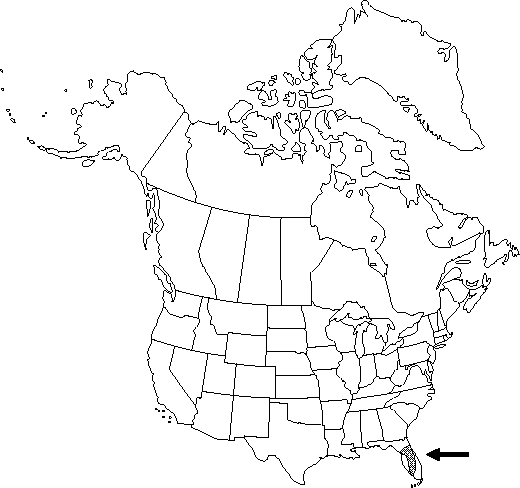Difference between revisions of "Persea humilis"
Bull. Torrey Bot. Club 22: 157. 1895.
Common names: Silk bay
Endemic
Synonyms: Persea borbonia var. humilis (Nash) L. E. Kopp Tamala humilis (Nash) Small
Treatment appears in FNA Volume 3.
FNA>Volume Importer |
imported>Volume Importer |
||
| (2 intermediate revisions by 2 users not shown) | |||
| Line 59: | Line 59: | ||
|publication year=1895 | |publication year=1895 | ||
|special status=Endemic | |special status=Endemic | ||
| − | |source xml=https:// | + | |source xml=https://bitbucket.org/aafc-mbb/fna-data-curation/src/2e0870ddd59836b60bcf96646a41e87ea5a5943a/coarse_grained_fna_xml/V3/V3_338.xml |
|genus=Persea | |genus=Persea | ||
|species=Persea humilis | |species=Persea humilis | ||
Latest revision as of 21:48, 5 November 2020
Shrubs or small trees, to 10 m. Branches appressed-pubescent. Leaf blade elliptic to lance-elliptic, 5-8 × 1.5-2.5 cm; surfaces abaxially obscured by dense (silky), rusty brown, appressed hairs when young, appearing sooty with age, adaxially green, lustrous. Inflorescences: peduncle mostly shorter than subtending petiole, pubescent. Drupe 10-12 cm wide, glaucous.
Phenology: Flowering spring–early summer.
Habitat: Sand pine-scrub
Elevation: 0-100 m
Discussion
Persea humilis produces fewer flowers and fruits per peduncle than the preceding two species.
Selected References
None.
Lower Taxa
None.
